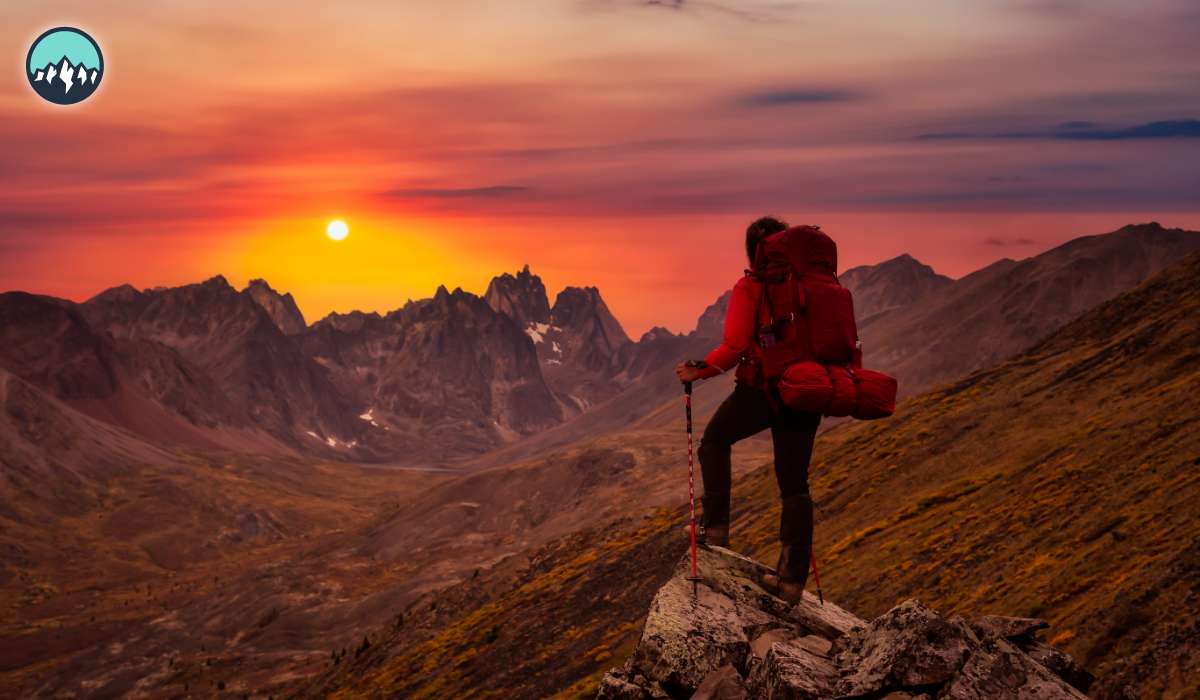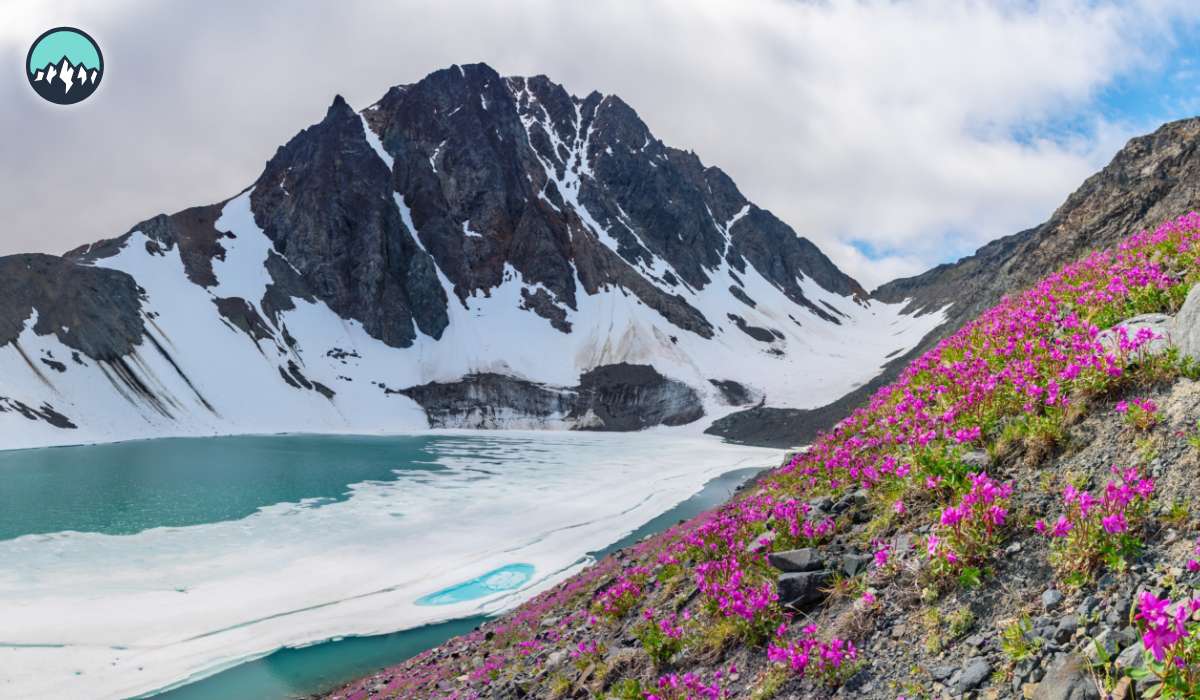Living in Yukon: What Newcomers Need to Know
06 Mar 2025

Yukon, Canada’s smallest and westernmost territory, is known for its breathtaking landscapes, rich Indigenous culture, and close-knit communities. While the region is sparsely populated, it offers a high quality of life, abundant job opportunities, and a unique lifestyle for those looking to start fresh in Canada. The stunning Northern Lights, vast wilderness, and a peaceful way of life make Yukon an appealing choice for immigrants seeking adventure and opportunity.
Yukon’s Geography and Climate
Spanning over 482,000 square kilometers, Yukon’s terrain is rugged, featuring mountains, dense forests, and numerous rivers. The territory experiences a subarctic climate, with long, cold winters and brief but bright summers. The extended daylight hours during summer provide plenty of time for outdoor exploration, while the harsh winter months require preparation and resilience.
Why Choose Yukon?

Yukon offers newcomers a range of benefits, from strong job prospects to a high quality of life. The territory’s welcoming communities and natural beauty make it a desirable destination for those looking to settle in Canada.
Strong Economy and Job Opportunities
Yukon boasts a strong and stable economy, primarily driven by mining, tourism, and government services. The mining sector, which includes gold, silver, and copper extraction, offers numerous job opportunities for skilled workers, engineers, and tradespeople. Tourism also plays a significant role, with thousands of visitors drawn to Yukon’s breathtaking landscapes and unique wildlife experiences each year. Additionally, the government sector provides stable employment opportunities in administration, healthcare, and education. Entrepreneurs can also benefit from Yukon’s growing economy, with various support programs available for small businesses and start-ups.
High Quality of Life
Despite its remote location, Yukon offers a high standard of living. The territory provides essential services, including quality healthcare and education, ensuring that residents have access to necessary support. Yukon is known for its low crime rate and strong sense of community, making it a safe and welcoming place for families and individuals alike. The slow-paced lifestyle and close-knit neighborhoods create a relaxed and friendly atmosphere, helping newcomers feel at home quickly.
Outdoor Adventures
For those who love the outdoors, Yukon is a dream destination. The region offers endless recreational opportunities, including hiking, fishing, canoeing, and wildlife viewing in the summer months. Winter enthusiasts can enjoy activities like skiing, snowshoeing, and dog sledding. Yukon’s pristine landscapes provide the perfect backdrop for adventure, allowing residents to explore nature while maintaining a healthy and active lifestyle. The Northern Lights, which illuminate the sky during winter, add to the region’s magical appeal.
Immigration Pathways
Yukon provides straightforward immigration pathways for skilled workers, business owners, and entrepreneurs. The Yukon Nominee Program (YNP) is a popular option, allowing qualified individuals to obtain permanent residency by securing a job offer from a Yukon employer. The Business Nominee Program is another viable pathway for those looking to establish or invest in a business within the territory. These programs help ease the transition for newcomers, making Yukon an attractive option for those wanting to settle in Canada.
Essential Steps for Settling in Yukon
Relocating to Yukon requires careful planning and preparation. From securing housing to accessing healthcare, understanding the essential steps will help make the transition smoother.
Finding Housing
Whitehorse, the capital city, has the most housing options, while smaller communities offer quieter living environments. Since rental availability can be limited, it’s advisable to start the search early.
Employment and Business Opportunities
The mining and tourism industries are major employers in Yukon, along with construction and government sectors. Newcomers with skills in these fields can find promising job prospects.
Accessing Healthcare
Residents can apply for a Yukon Health Care Card to receive free medical services. It’s essential to register soon after arrival to ensure uninterrupted access to healthcare.
Enrolling in Education
For families with children, Yukon offers a strong education system, with public and private school options. Post-secondary institutions, such as Yukon University, provide opportunities for further education and career development.
Understanding the Cost of Living
While Yukon provides a great quality of life, the cost of living is relatively high due to its remote location. Understanding expenses will help newcomers budget effectively.
Housing Costs
Renting a one-bedroom apartment in Whitehorse typically costs between 1,200 CAD and 1,800 CAD per month. Housing prices in smaller communities tend to be lower.
Grocery and Utility Expenses
Food prices are higher than in other provinces because most goods are transported over long distances. Many residents offset grocery expenses by hunting, fishing, and buying from local markets. Winter heating costs can be significant, so energy-efficient housing is a priority.
Transportation Considerations
Public transportation options are limited, and most residents rely on personal vehicles for commuting. Owning a car is highly recommended for convenience.
Experiencing Yukon’s Culture and Lifestyle
Living in Yukon means immersing yourself in a unique culture that blends Indigenous traditions with modern Canadian influences. The territory offers a rich cultural scene and plenty of recreational activities.
Rich Indigenous Heritage
Yukon is home to vibrant First Nations communities that actively preserve their traditions and cultural practices. Events like the Adäka Cultural Festival showcase Indigenous art, music, and storytelling, allowing newcomers to connect with the region’s heritage.
Recreational Activities
Outdoor activities are a big part of life in Yukon. Residents engage in hiking, canoeing, dog sledding, and snowmobiling, making the most of the territory’s natural beauty.
Weather Adaptation Tips

Adjusting to Yukon’s climate is essential for a comfortable lifestyle. Knowing how to prepare for extreme temperatures will help newcomers adapt more easily.
Preparing for Winter
With temperatures dipping as low as -40°C, investing in high-quality winter clothing, such as insulated jackets, gloves, and boots, is crucial. Heating systems and winter tires for vehicles are also essential for comfort and safety.
Making the Most of Summer
Summers are short but offer long daylight hours, allowing for plenty of outdoor activities. Residents take advantage of this time for travel, fishing, and exploring Yukon’s vast wilderness.
Building a Community in Yukon
Building relationships is key to feeling at home in Yukon. There are many ways to connect with people and integrate into local life.
Engaging in Local Activities
Joining community groups, participating in social events, and attending cultural festivals are excellent ways to meet people and integrate into local life.
Volunteering Opportunities
Getting involved in volunteer work is a great way to connect with residents and make meaningful contributions. Many organizations in Yukon welcome newcomers who want to help out.
Get Ready to Settle in Yukon

Yukon is a beautiful and welcoming place for newcomers looking to experience life in Canada’s northern wilderness. While it comes with challenges, the territory offers a high quality of life, strong employment opportunities, and a tight-knit community. With the right preparation and mindset, moving to Yukon can be an exciting and fulfilling journey.
FAQs
What Languages Are Spoken in Yukon?
English is the most widely spoken language, but there are also several Indigenous languages spoken by First Nations communities, such as Southern Tutchone, Tlingit, and Gwich’in.
Are There Educational Opportunities in Yukon?
Yes, Yukon offers a strong education system with public and private schools. Yukon University provides post-secondary education and vocational training programs.
What Are the Main Industries in Yukon?
The main industries in Yukon include mining, tourism, government services, and construction. These sectors offer numerous job opportunities for skilled workers.
How do I Get Around in Yukon?
Public transportation is limited, so most residents rely on personal vehicles. Owning a car is highly recommended for commuting and exploring the territory.




